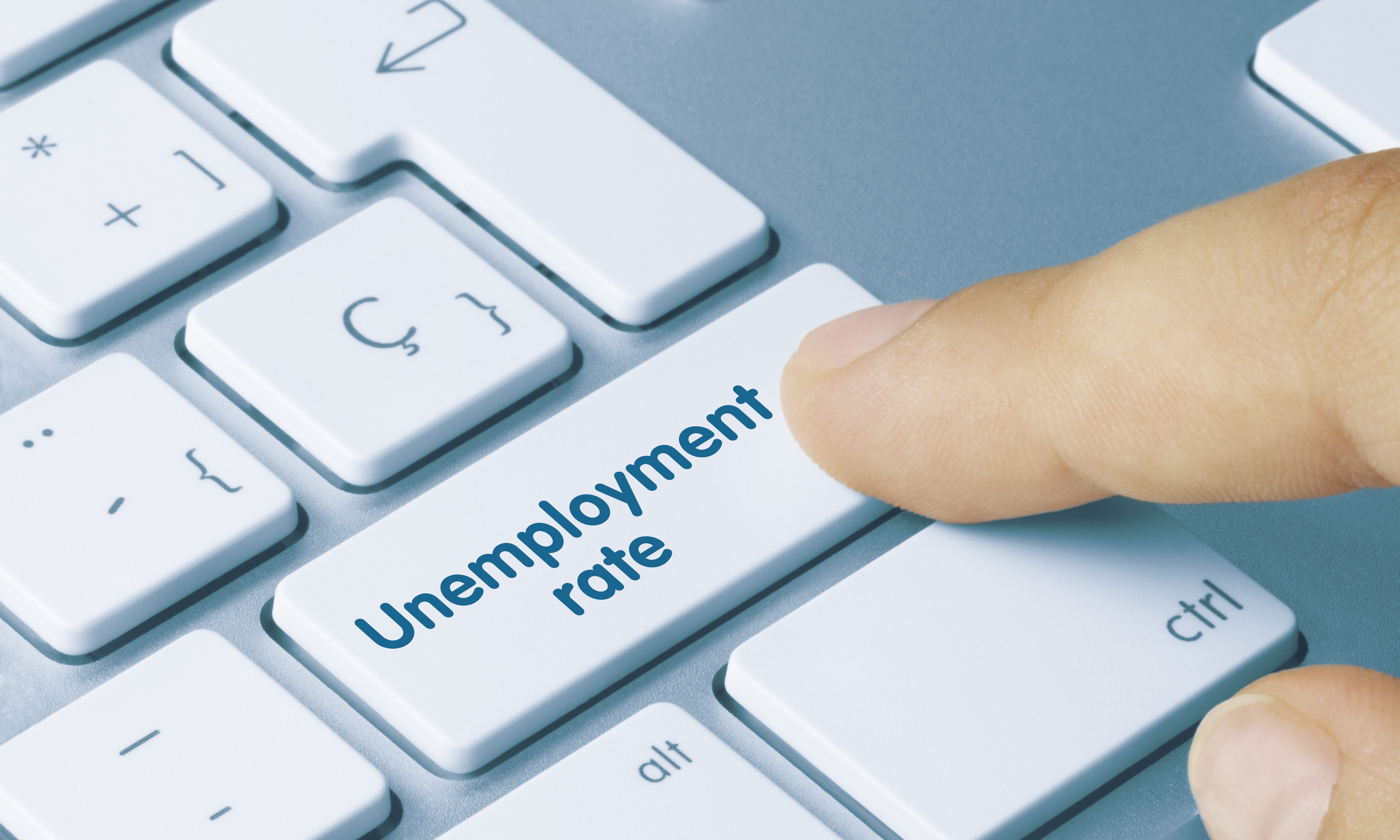Alabama ranks sixth in the nation for how much its unemployment rate has bounced back since last year, according to a study released Tuesday by the personal finance website WalletHub. The state’s unemployment rate is 3.7 percent, the seventh-lowest of all 50 states and the District of Columbia, and well below the national rate of 6.7 percent.
The study evaluated changes in unemployment data in December 2020, the most recent month for which the U.S. Bureau of Labor Statistics and the U.S. Department of Labor provide data, compared to December 2019 and January 2020.
Alabama saw a 54 percent increase in continued insured employment, the fourth-best recovery in the country by that metric.
National statistics show that the unemployment rate is felt differently according to race and age demographics, according to Jill Gonzalez, a WalletHub analyst. It is 5.9 percent for white people and 9.3 percent for Black people. For people ages 45 to 54, it is 5.3 percent. For people ages 20 to 24, it is 11.2 percent.
“It makes sense that people who have been in the workforce longer would have more job stability, but we should be concerned about the difficult conditions faced by young people,” Gonzalez said.
For people who have been unemployed for six months or more, Gonzalez recommended first exhausting all available benefits and resources that states offer.
“People who have run out of benefits and can’t fall back on savings should look critically at their spending and temporarily cut out anything that is non-essential, as well as look into whether they can get temporary relief on their bills through the biller’s hardship program,” she said. “Some people may need to borrow money, but should avoid extremely costly options like payday loans unless absolutely necessary.”
The report included interviews with a panel of experts who addressed questions about economic recovery and the pandemic. Their consensus was that the best route to a cost-effective rebound is federal assistance. States and municipalities are limited in what they can do because they are required to balance their budgets every year, said Michael Leeds, a professor of economics at Temple University.
“That is why Congressional failure to act would be nothing short of a dereliction of duty by our elected representatives,” Leeds said.
Anne Marie Lofaso, a law professor at West Virginia University, said that the best chances for economic recovery depend on a coordinated national effort to ensure public health, which involves widespread vaccinations, personal precautions like masks and social distancing and strategic shelter-in-place orders. That may be a challenge for a society that favors liberty over the kind of “communitarian solution” that Lofaso said is necessary to ultimately fix the pandemic’s economic fallout.
“If the government acts too late, the economy will suffer, and it will take an even longer time – perhaps years – to return to normal,” she said.
David C. Yamada, director of the New Workplace Institute at Suffolk University in Boston, said that state and local authorities should put an emphasis on helping businesses, institutions and individuals who have been hit the hardest.
“That should include financial help to support re-opening and new hiring, appropriate tax breaks, technical and public health assistance to re-open efficiently and safely, and facilitating affordable health care,” he said. “States should also enable eligibility for partial unemployment assistance for the under-employed, as it is likely that in many occupations, new part-time jobs will outnumber new full-time jobs during this period.”



















































